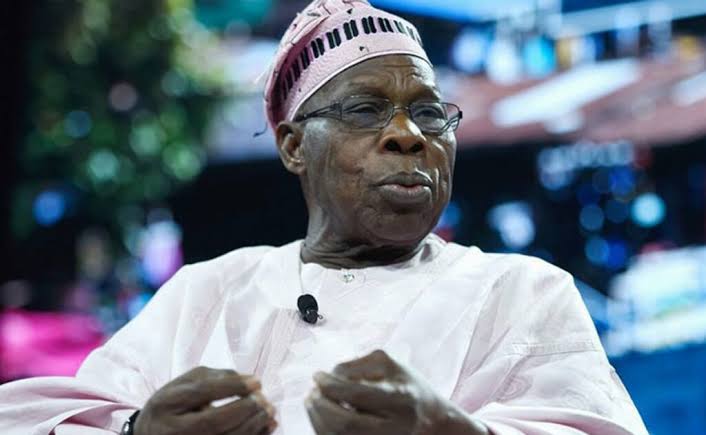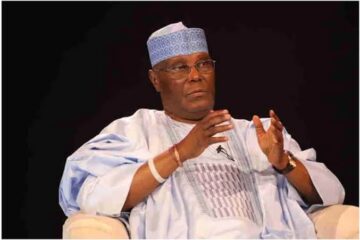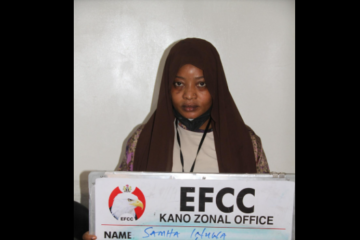Western democracy model not working for Nigeria – Obasanjo

Obasanjo
Former President Olusegun Obasanjo has voiced his backing for the current movement advocating that Nigeria should do away with the presidential system of government.
He, however, highlighted the importance of adopting a system that effectively addressed the local needs of Nigerians.
At a meeting with a group of 60 members of the House of Representatives pushing for a return to the parliamentary system, in Abuja on Tuesday, Obasanjo expressed his belief that the adopted Western liberal democracy had failed to deliver, even to its originators. He urged the lawmakers to consider adopting an alternative ‘Afro-democracy’ as a potential solution.
The former president also warned lawmakers against being overly optimistic about the swift fruition of their ongoing endeavours, cautioning that such expectations could lead to disappointment.
He said, “Our journey began on an unstable foundation – Western liberal democracy. This system, inherited from our colonial past, has fuelled our problems. It’s now our responsibility to chart our course. Western liberal democracy introduced the concept of opposition, equating it with enmity. Yet, there’s nothing inherently African about this model. It’s time to redefine our path.
“For too long, we’ve neglected the importance of coming together and saying yes. Even those before us no longer find it beneficial. What defines Nigerians is our sense of community, where mutual relationships and consensus-driven decisions are central to our way of life.”
The former President emphasised that if Nigeria had strayed and acknowledged that adopting Western liberal democracy, which had not yielded the desired results, was a mistake; then there’s no shame in returning to one’s roots, akin to the prodigal son. Such a shift can and should be pursued, he added.
Additionally, the leader advised the group to consider adopting a name that reflects African heritage, steering away from terms associated with Western parliamentary systems to avoid unnecessary opposition.
“Don’t anticipate results overnight,” he advised, stressing the importance of patience to avoid disappointment.
Affirming his commitment, he said, “I will stand by your side; we’re navigating this journey together.”
Speaking earlier, the leader of the group, and Minority Leader of the House, Kingsley Chinda, argued that the presidential system of government as being practiced in Nigeria today “is so burdensome.”
“It is so difficult for us, as a nation, to make that move that we require with this heavy load on our shoulders, and so we are thinking about how to contribute our quota to this nation.
“We’ve heeded the wisdom of leaders who serve as true role models. We advocate for a domestically tailored system of governance that prioritises accountability and responsiveness to the people. After a thorough examination, we propose a parliamentary-like framework, uniquely crafted to our context, aimed at streamlining governance, fostering responsibility, and enhancing accountability.”
Also speaking, spokesperson of the 60 pro-parliamentary lawmakers, Abdussamad Dasuki expressed gratitude to the former president for accepting their invitation.
He also announced plans for a national dialogue in early July to gather diverse perspectives on the model. Also, the group intends to organise an essay competition for Nigerian students, both domestically and abroad, to further engage with the issue.”











